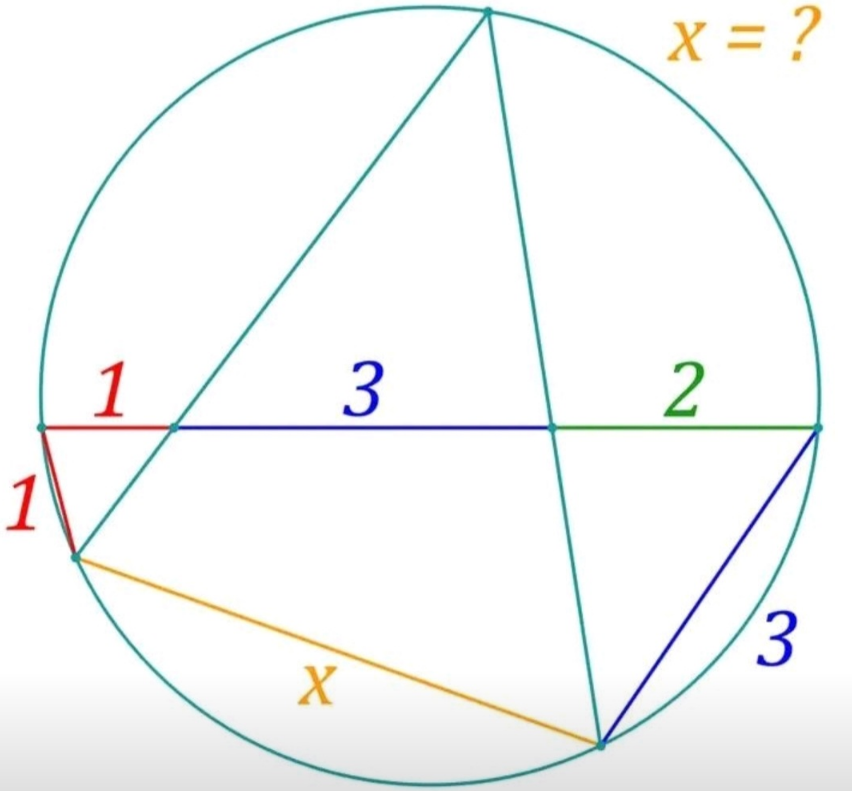
AllQuestion and Answers: Page 331
Question Number 189189 Answers: 1 Comments: 0

Question Number 189183 Answers: 1 Comments: 0

Question Number 189174 Answers: 1 Comments: 0
$${log}_{\mathrm{3}} \left({x}+\mathrm{1}\right)=\mathrm{2}\:\:\:\:\:\:\:\:;\:\:\:{x}=? \\ $$
Question Number 189169 Answers: 1 Comments: 4

Question Number 189205 Answers: 0 Comments: 6

Question Number 189463 Answers: 1 Comments: 0

Question Number 189145 Answers: 6 Comments: 0
Question Number 189144 Answers: 0 Comments: 1
Question Number 189140 Answers: 2 Comments: 0

Question Number 189135 Answers: 2 Comments: 0

Question Number 189137 Answers: 0 Comments: 2
Question Number 189133 Answers: 1 Comments: 0
Question Number 189131 Answers: 2 Comments: 0

Question Number 189127 Answers: 3 Comments: 0

Question Number 189126 Answers: 1 Comments: 0

Question Number 189125 Answers: 2 Comments: 0

Question Number 189124 Answers: 1 Comments: 0

Question Number 189123 Answers: 2 Comments: 0

Question Number 189132 Answers: 1 Comments: 0
Question Number 189114 Answers: 2 Comments: 0

Question Number 189112 Answers: 0 Comments: 3

Question Number 189110 Answers: 0 Comments: 1

Question Number 189101 Answers: 0 Comments: 1

Question Number 189079 Answers: 1 Comments: 0

Question Number 189077 Answers: 0 Comments: 0

Question Number 189070 Answers: 1 Comments: 0

Pg 326 Pg 327 Pg 328 Pg 329 Pg 330 Pg 331 Pg 332 Pg 333 Pg 334 Pg 335
